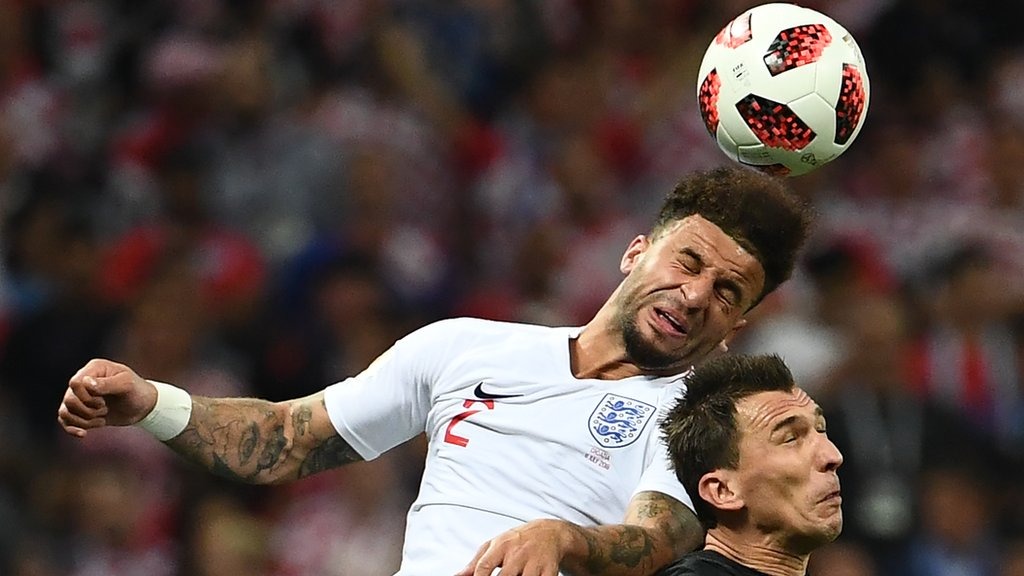One of the most common elements of a football match that you will see around the world are the players who practice football. It could be a defender who clearly directs the ball from a corner, or an attacking player who puts the ball into the net to score. Whether you’re watching a Premier League game or an amateur game, the ball is a big part of every game.
Due to the frequency with which players direct the ball during a football game, there is always a hint of a connection between football and brain damage. Footballs used today in competitions like the Premier League are much lighter than those used 40 years ago. Obviously footballs were much heavier during the career of former West Bromwich Albion striker Jeff Astle, who died of an “industrial health issue” caused in part by running heavy footballs throughout his career.

Jeff Astle’s daughter Dawn Astle has been contacted by more than 400 families of former players with dementia. It shows just how much a football problem could have brain damage and dementia.
A study group from the University of Glasgow investigated the links between football and dementia and other neurodegenerative health issues. The study compared the deaths of 7,676 ex-players with 23,000 people in the general Population. All of the players included in the study were born between 1900 and 1976 and played professional football in Scotland.
The results of the study showed that the risk of Alzheimer’s increased five-fold in the group of ex-football professionals compared to the general population. In motor neurone health issue, a generic term for a number of neurodegenerative health issues, the risk was quadrupled in footballers in the study.

Initially, the study of dementia in football players was delayed, but the University of Glasgow study was commissioned by the football Federation and the Professional Footballers ‘ Association and began in January 2018. consultant neuropathologist Dr Willie Stewart led the study saying: “Our data shows former footballers had higher rates of dementia but” had lower mortality rates before continuing”due to other serious illnesses. therefore, while every effort must be made to identify factors that contribute to the increased risk of neurodegenerative health issues in order to reduce this risk, the potential health benefits of football must also be considered.”
Despite the results of this first study, many people think this is just the beginning, and more detailed research is needed to discover the true effects of football on brain health.

FA chairman Greg Clarke said: “the whole game needs to realise that this is just the beginning of our understanding and there are still a lot of questions to answer.”
PFA CEO Gordon Taylor said: “research needs to continue to answer more specific questions about what needs to be done to identify and reduce risk factors.”
But the most significant comment about today’s players came from brain injury charity Headway, who said further research should focus on modern light footballs. A spokesman for the charity said: “the fact that this long-awaited study has found a link between former footballers will undoubtedly raise questions about the impact this will have on the modern game.”




